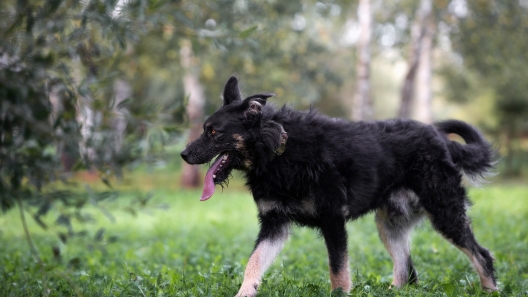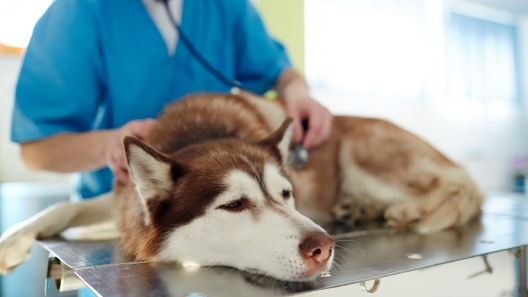
27 Most Popular Dog Breeds
People love certain dogs for a variety of reasons. This is not an exhaustive list, but here are a few of the most popular dog breeds:
Use the options below to find your perfect canine companion!

People love certain dogs for a variety of reasons. This is not an exhaustive list, but here are a few of the most popular dog breeds:

Whether you actively participate or not, here are some Halloween safety tips for dogs to help keep your dog safe during Halloween:

There are a lot of pests that can pose a danger to your dogs and fleas are one of them. Here’s how to protect your dog from fleas:

Are mixed-breed dogs healthier than purebred dogs? Sometimes, but it’s not a guarantee. Here’s what to know:

If you’re headed to “The Palmetto State” with your dog, use this South Carolina dog-friendly travel guide to start your research:

Dogs do a lot of things that we don’t always understand. Why do dogs pace? Here are a few reasons your dog might be pacing:

Lyme Disease is one of the potential dangers out in the world that can affect your dog. Here’s what you need to know about Lyme Disease in dogs:

Labs are known for being loyal, intelligent, kindhearted, playful, and energetic. Here are a few more facts about Labrador Retrievers:

Planning ahead & making sure you have everything you need can help you cover the bases and keep the trip fun. Here are some tips for traveling with dogs:

Yawning can be normal, reactionary, or concerning. Knowing why dogs yawn can help you figure out which it is. Why do dogs yawn? Here are a few reasons:

Independent doesn’t mean lots of time alone, just not a need to be always glued to you. Here are a few of the most independent dog breeds:

Some dog breeds are commonly found working in a service capacity. Here are some of the dog breeds that make the best service dogs: